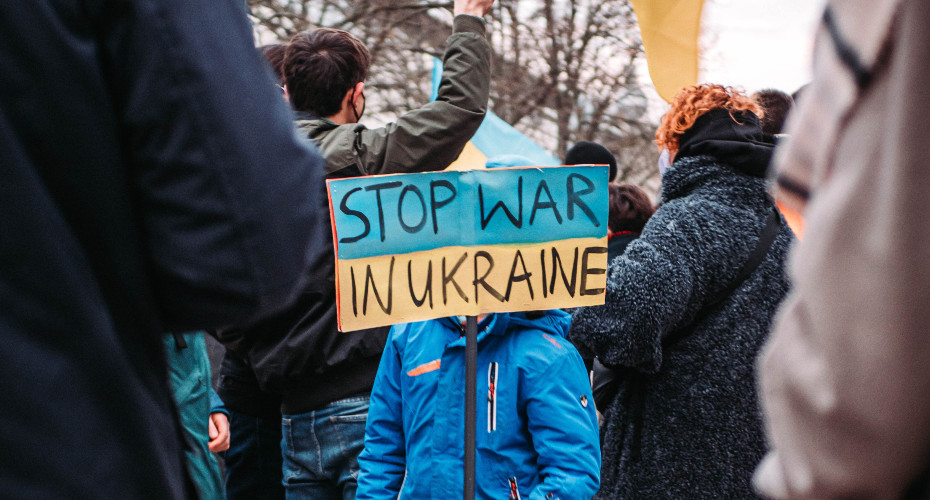Database of Russian economic crime in Ukraine needed to bring about justice, new study says

More attention to economic factors would raise the costs of occupation for Russia and help Ukraine to reintegrate and reconstruct occupied territories, Professor Lewis’ new study says
A new public database of Russian economic crime in Ukraine would help to bring about justice, and support the eventual rebuilding of the country, a new study says.
The international community should give more attention to the role economic levers play in consolidating Russian rule, Professor David Lewis, an expert on the region from the University of Exeter, has warned.
More attention to economic factors would raise the costs of occupation for Russia and help Ukraine to reintegrate and reconstruct occupied territories, Professor Lewis’ new study says. Russia’s continuing occupation of nearly one-fifth of Ukrainian territory ultimately relies on military force, but is reinforced by Russia’s economic policies, which have rewarded Russian businesses and local pro-Russian proxies and fuelled a growing war economy.
Ukrainian businesses and assets have been seized and the occupation authorities have ‘nationalised’ many companies and reregistered them as Russian businesses with new management.
The Russian currency, financial and tax system have been imposed and Ukrainian banks have closed.
Farms have been forcibly taken over and farmers have been put under pressure to cooperate with the occupation authorities. Russian officials oversaw the illegal export of Ukrainian grain from the occupied territories.
Russia’s multibillion-dollar reconstruction of cities such as Mariupol is profiting well-connected Russian companies.
The research outlines how efforts by Russia to incorporate occupied regions into its economic and financial system are illegal under Ukrainian law and some may constitute potential war crimes under international law.
Professor Lewis said: “There should be more attention paid to these economic crimes internationally – with clear warnings for Russian business about the consequences under international law of seizing Ukrainian businesses and assets.
“More international attention now would also assist in eventual reintegration and reconstruction of these regions in the future. A database of business seizures and economic crimes in the occupied territories would help to resolve legal issues and ensure business restitution in the aftermath of the war, while also serving as a potential basis for sanctions and eventual prosecutions.
“Economic activities under occupation also raise complex questions about collaboration and justice that will need to be addressed if Ukraine is to reintegrate these territories successfully. Ukrainian civil society has led the discussion of potential amendments to the current laws that would help this process. International experience could prove useful in supporting workable solutions that meet the needs of justice but also aim to unite post-war Ukrainian society.
“Meanwhile, more could be done to make sanctions more systematic. There are still leading officials and businesspeople who actively enabled the occupation who have not been sanctioned. Clear criteria for imposing sanctions on those serving in occupation regimes may serve as a potential deterrent for at least some officials.”
The research was carried out as part of The Serious Organised Crime & Anti-Corruption Evidence (SOC ACE) research programme, which is funded by the UK’s Foreign, Commonwealth & Development Office (FCDO). SOC ACE is managed by the University of Birmingham, working in collaboration with a number of leading research organisations and through consultation and engagement with key stakeholders.
Professor Lewis will present his research at a free virtual event on Friday, October 27 hosted by George Washington University. Sign up at:



